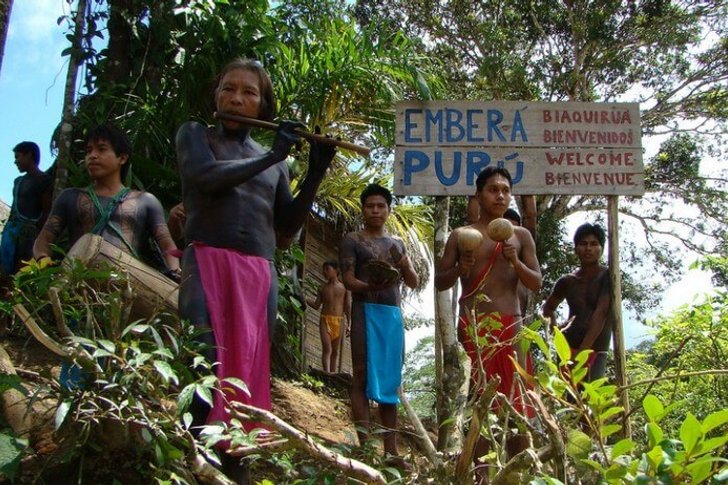The Republic of Panama is an unusually beautiful and hospitable country located between the Caribbean Sea and the Pacific Ocean. The best time to visit this country is from January to May, when the dry season lasts in Panama.
The main attraction of Panama is its unique nature. The picturesque beaches of Bocas del Toro, San Carlos, Nueva Gorgona, Bastimento with their white sand are perfect for leisurely family swimming, surfing or underwater fishing.
Hiking enthusiasts should definitely visit Boquete, Cerro Punta, Soberania National Park and climb to the Baru volcano. Another popular tourist destination in Panama is visiting local Indian tribes who managed to preserve their authentic culture and habitual way of life.
In memory of visiting this amazing country, tourists bring to their homeland molas - handmade woven products of bright colors, which are produced by women of the Kuna tribe, local coffee of excellent quality and hats.
What to see in Panama?
The most interesting and beautiful places, photos and a brief description.
- Panama Canal
- Volcano Baru
- Panama City
- City of Bocas del Toro
- Panama Viejo
- Coiba National Park
- Bridge of the Americas
- Islands of the San Blas Archipelago
- City of Boquete
- Komarka Kuna Yala beach
- Sendero de los Quetzales trail
- Taboga Island
- Bastimentos National Marine Park
- Santa Catalina
- Amador Causeway
- Pearl Islands
- La Amistad International Park
- Las Lajas beach (Playa Las Lajas)
- Fortifications of Portobello and San Lorenzo
- Darien National Park
- Bridge of the Century
- Biomuseum in Panama
- City of El Vale de Anton
- Chagres National Park
Panama Canal
One of the most popular places in Panama is its canal. The amazing creation of human hands was officially opened in 1920, although the first ideas for such construction arose in the 16th century. There are many tourist excursions on the Panama Canal, the best place for watching ships is located at the walls of the Miraflores locks.
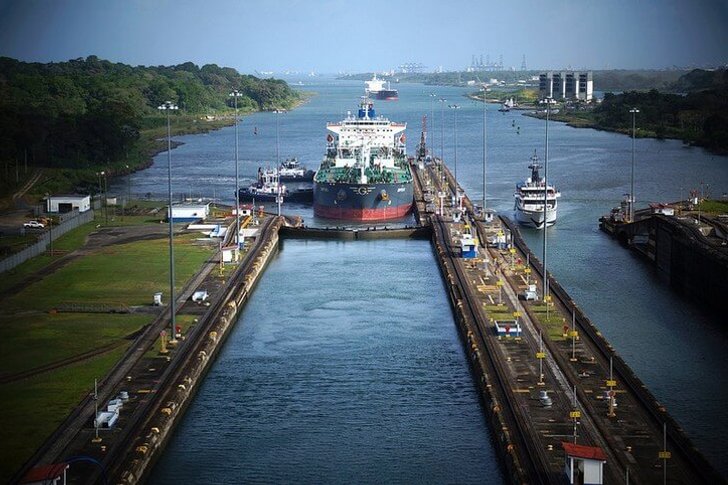
Volcano Baru
The highest point in Panama is the dormant volcano Baru located in the west of the country. Its height is 3474 meters above sea level. When the weather is nice, you can see the Caribbean Sea and the Pacific Ocean from the top of Baru. Baru Volcano is a popular tourist attraction; you can get to its top along the Quetzales route.
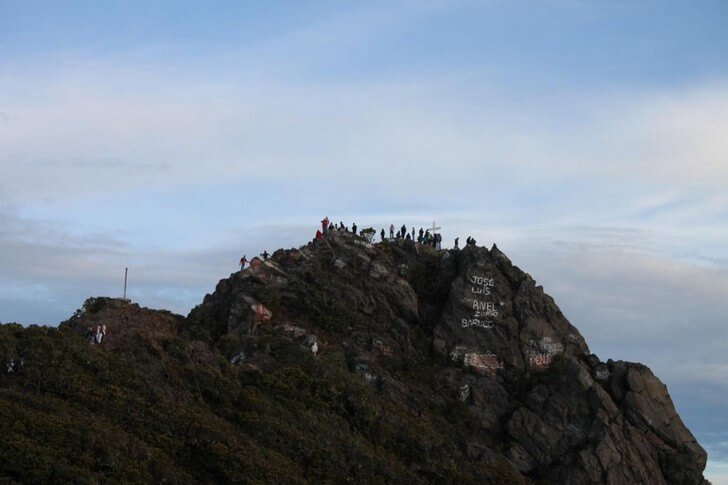
Panama City
The capital of the state, founded in 1519, is the famous Panama City. It organically combines the ancient ruins of Panama Viejo and modern neighborhoods. Swimming is prohibited in the coastal waters of Panama City, but less than an hour from the capital, tourists can expect the sandy beaches of Coronado, Gorgona, San Carlos and Rio Mar.
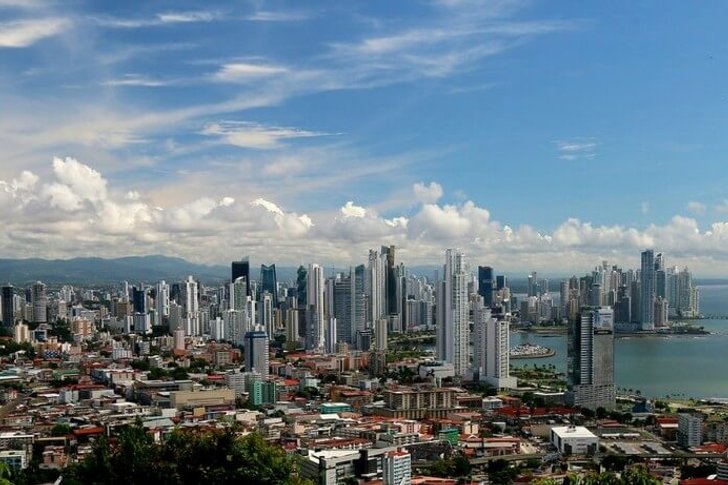
City of Bocas del Toro
On the territory of the capital of the province of the same name, the city of Bocas del Toro, there are many hotels, restaurants and entertainment centers. But it is popular due to the fact that it is easy to get to the famous Panamanian archipelago from here. On the islands of the archipelago, tourists go in for diving and surfing, as well as deep-sea diving.
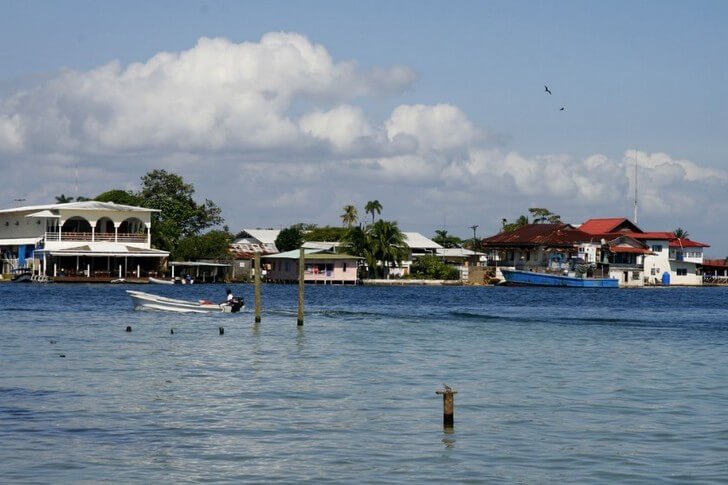
Panama Viejo
The ancient city, built in 1517, is today part of Panama City. Panama Viejo constantly had to defend itself from Indians and pirates, until in 1671 one of these attacks ended in the almost complete destruction of the city. Today, the ancient quarters of Panama Viejo are open to everyone.
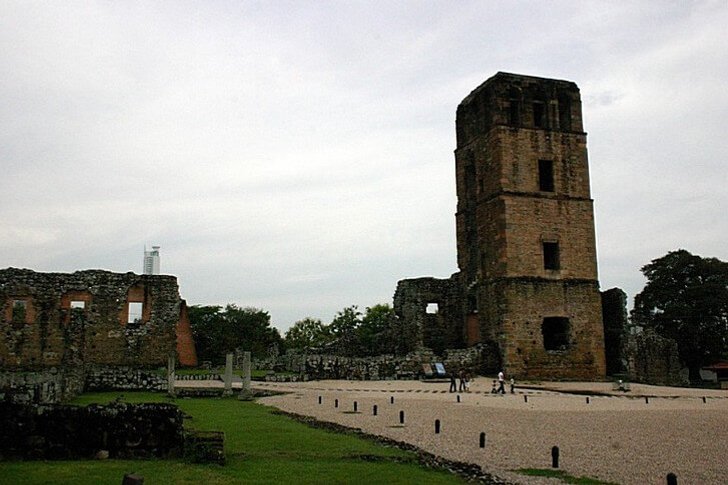
Coiba National Park
One of the largest islands in Panama gave its name to the unique national park of this country. About 760 species of fish live in the waters of the park, and from April to September, many turtles come to Coibu to lay eggs. For its excellent diving conditions, Coiba is called the "new Galapagos".
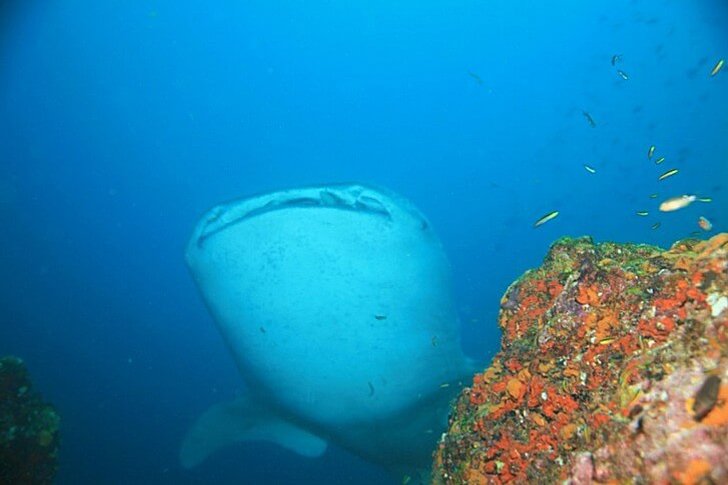
Bridge of the Americas
Built in 1962, the Automobile Bridge of the Americas was the first fixed bridge between the southern and northern American lands. After a significant expansion in 2004, the capacity of this facility reached 35,000 vehicles per day. The bridge looks especially impressive in the night illumination.
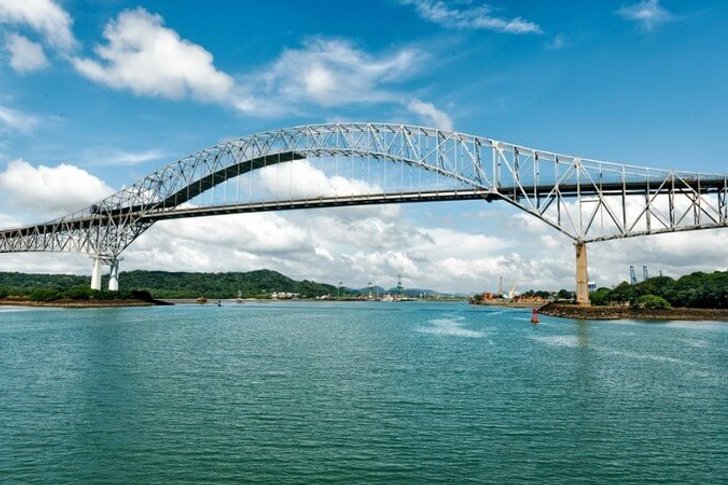
Islands of the San Blas Archipelago
The extraordinarily beautiful San Blas Archipelago is only half an hour by boat from Panama City. Kuna Indians live here, who managed to maintain an economy and culture independent of Panama. People come to San Blas to go diving, go fishing, see the daily life of the Indians, or just relax on the cleanest local beaches.
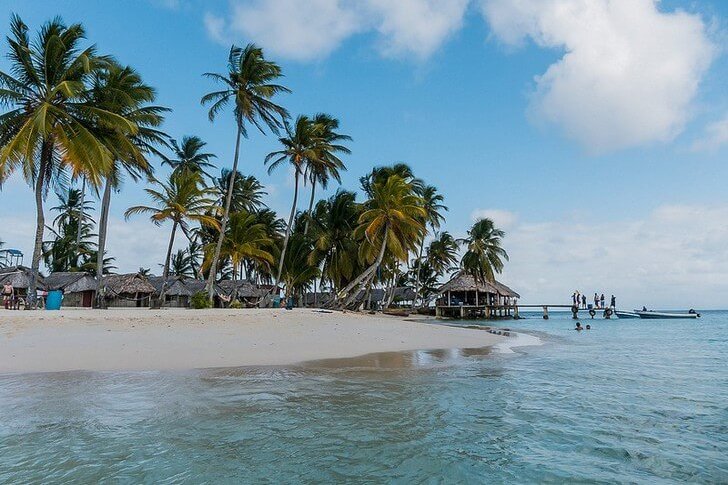
City of Boquete
The small town of Boquete is located in the valley of the Caldera River. Tourists from all over the world come here for a wide variety of recreation. In Boquete, you can go fishing, ride horses through the jungle, visit coffee plantations, and also raft down the river in kayaks or inflatable rafts.
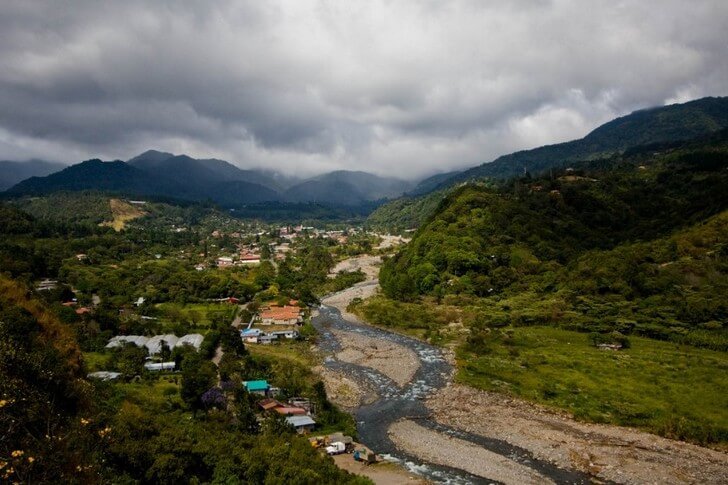
Komarka Kuna Yala beach
One of the most popular beaches in Panama, Komarca Cuna Yala, is located on an archipelago in the Caribbean Sea. Kuna Indians live here, who rent out houses and cook food for tourists who wish to plunge into a real "wild" vacation. The purest sand and clear waters of the coast make Komarka Kuna Yala ideal for families.
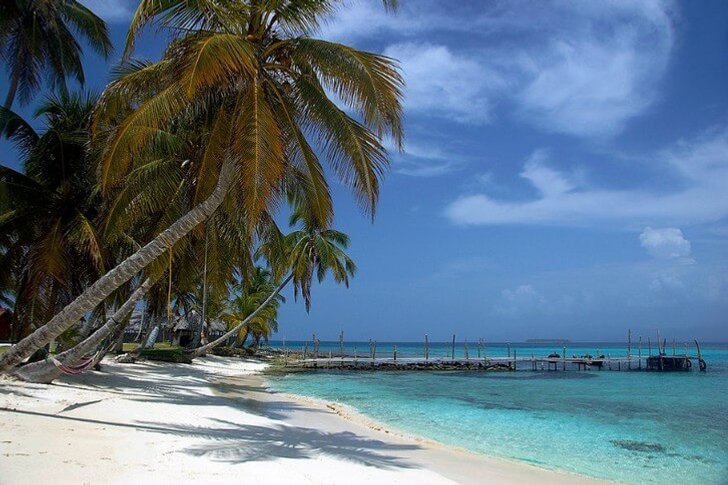
Sendero de los Quetzales trail
One of the most beautiful hiking trails in Panama runs along the Sendero de los Quetzales trail. The trail owes its name to the unusually beautiful and rare quetzal bird, which can be found in the local forests. Sendero de los Quetzales starts near Baia Boquete and leads through Cerro Punta to a viewpoint rising above sea level at an altitude of 2500 meters.
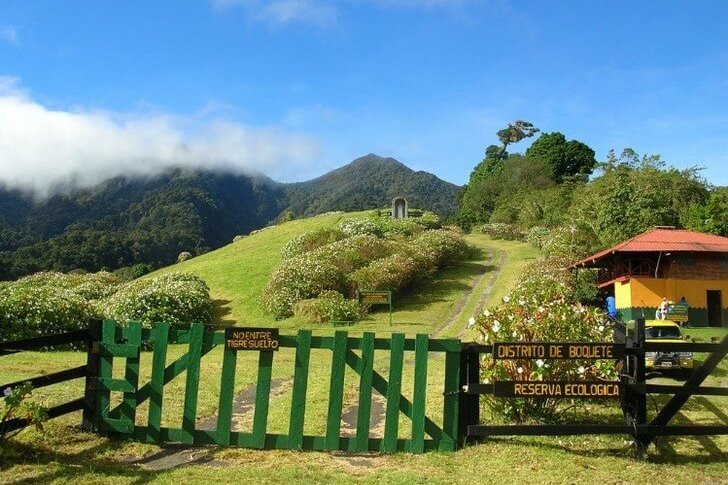
Taboga Island
In the Gulf of Panama, not far from Cape Bruja, is the famous island of Taboga. Here you can relax on the beach, visit a miniature church of the 17th century, as well as admire the impressive massif of the rainforest or watch the colony of brown pelicans. For lovers of outdoor activities, Taboga offers underwater or ocean fishing, overnight stays in tents on neighboring islands or kayaking.
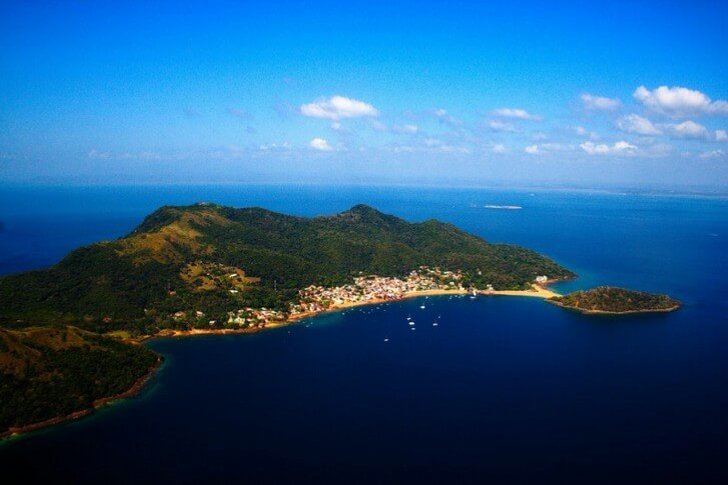
Bastimentos National Marine Park
On the island of Bastimentos, which is part of the Bocas del Toro archipelago, there is a national park of the same name. More than 85% of the park's territory consists of the waters of the Caribbean Sea. Bastimentos National Marine Park is home to crocodiles, several species of turtles, monkeys, sloths and over 60 bird species.
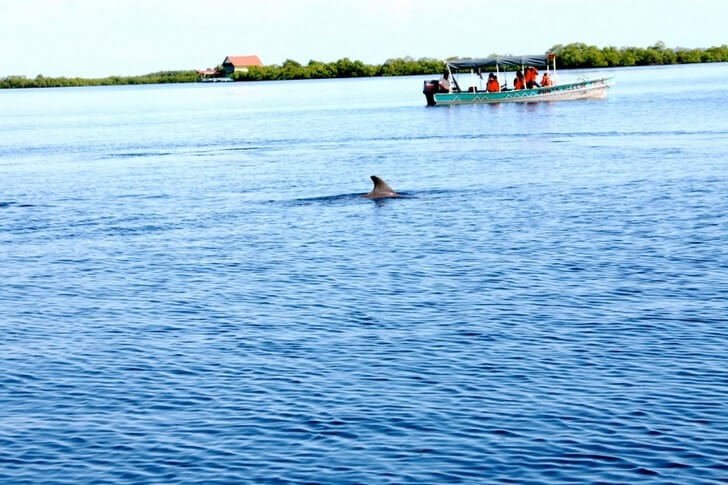
Santa Catalina
Until the 70s of the XX century, Santa Catalina was an ordinary fishing village, whose life changed dramatically after surfers discovered this attractive place. Today, the infrastructure of the village offers surfers comfortable hotels, cafes and equipment rentals. In addition to surfing, you can go underwater fishing or diving.
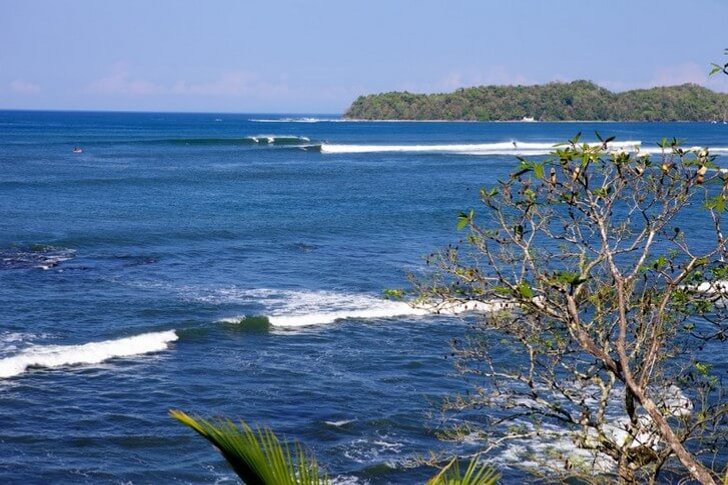
Amador Causeway
The road from mainland Panama City connecting the archipelago to the four islands is called the Amador Causeway. This road was built in 1913 and was originally used to deploy a US military base. Today Amador Causeway is a popular place for recreation and walks among tourists and locals.
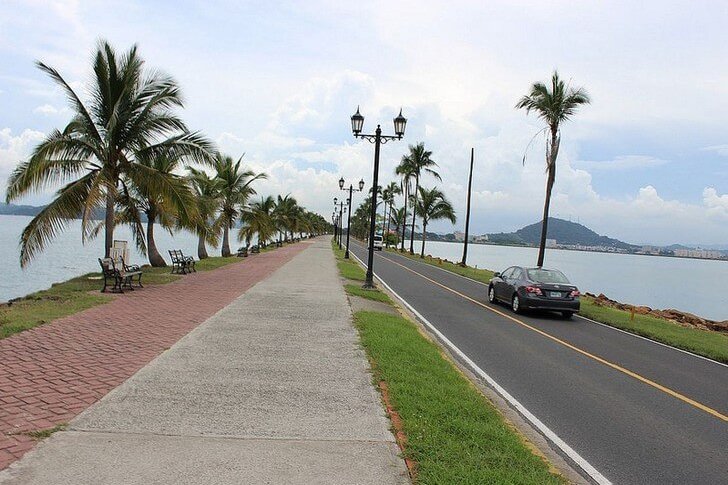
Pearl Islands
A group of islands in the northeast of the Gulf of Panama is called the Pearl Islands. Back in the 16th century, they were famous for their extraction of this organic mineral, but the “red tide” of 1938 destroyed the “pearl” mollusks of the local water area. Today, the main tourist attraction of the Pearl Islands is the island of Contadora. Its sandy beaches and clear waters are perfect for a leisurely getaway.
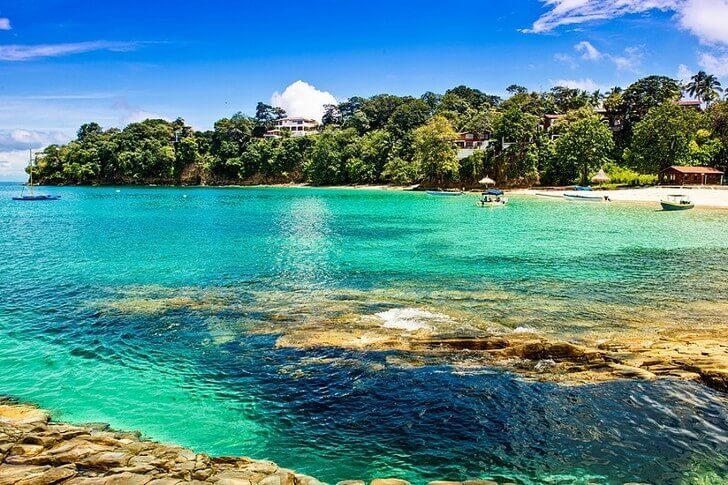
La Amistad International Park
In September 1988, on the border of Panama and Costa Rica, the La Amistad International Park was formed, which for the most part consists of a rainforest. Tourists visit this amazing place for river rafting and hiking, as well as to get to know the culture of local Indian tribes.
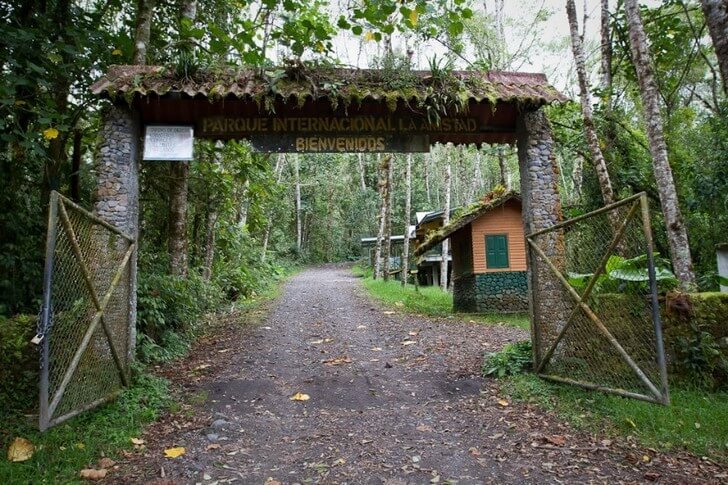
Las Lajas beach (Playa Las Lajas)
The extraordinarily beautiful 14-kilometer Las Lajas beach is located near the Pan American Highway. Clean sand, small waves and a gentle slope to warm water, as well as many equipped bungalows and hotels, make Las Lajas a popular holiday destination for visitors to Panama.
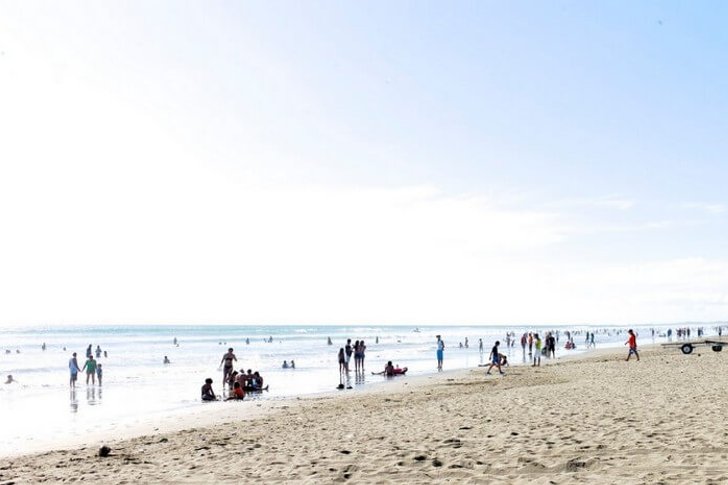
Fortifications of Portobello and San Lorenzo
Magnificent examples of colonial military buildings of the 17th-18th centuries are the Panamanian forts of Portobello and San Lorenzo. Located at a distance of about 50 kilometers from each other, these structures have been rebuilt more than once in their history after destruction. The main visitors to Portobello and San Lorenzo are lovers of military architecture.
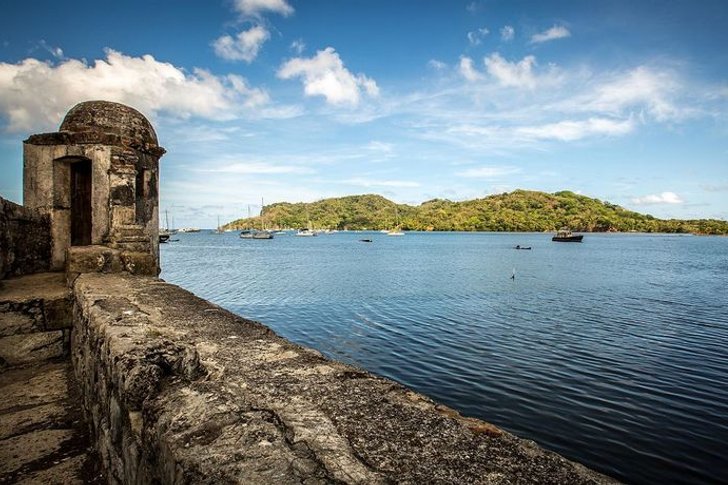
Darien National Park
The largest national park in Panama is Darien Park. Located on the border with Colombia, the Darien National Park has been part of the World Network of Biosphere Reserves since 1983. Two Indian tribes permanently live here, who managed to maintain their traditional way of life. Tourists can visit two sections of the territory of the Darien Park.
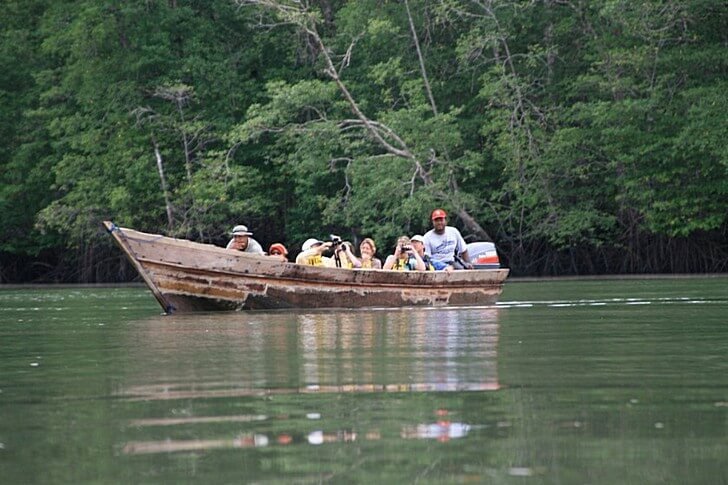
Bridge of the Century
To ease the pressure on the Bridge of the Americas, the Centenary Bridge was opened in Panama in 2004. At the moment, this building is the main bridge over the Panama Canal. The original engineering design of the bridge makes it a popular tourist attraction, and the building looks especially attractive in the night lights.
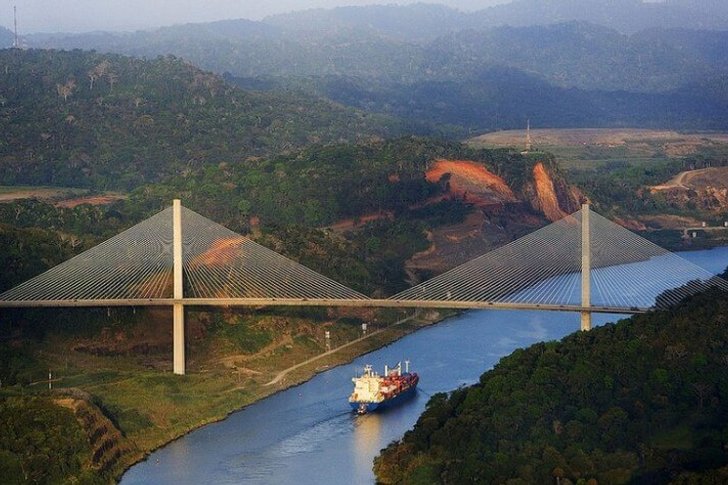
Biomuseum in Panama
The famous modern architect Frank Gehry placed his Biomuseum at the very beginning of the Panama Canal. This original building, with a total area of about 4000 m², was built with the aim of drawing the attention of tourists to the unique nature and culture of the Panamanian state.
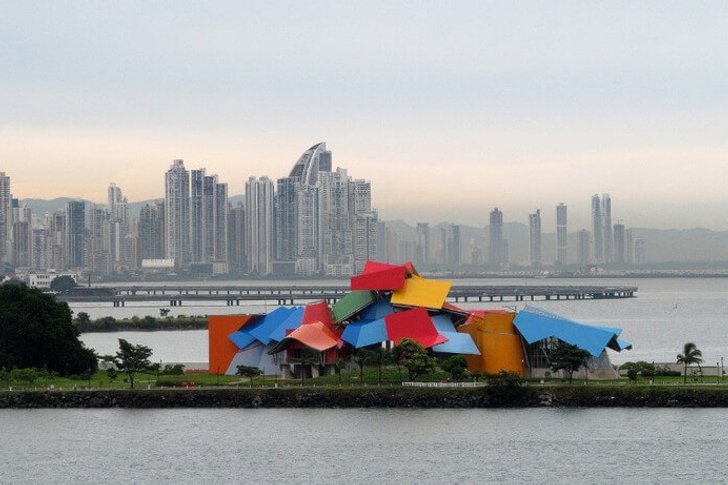
City of El Vale de Anton
Not far from Panama City, in the crater of an extinct volcano, there is a tiny but very popular town of El Vale de Anton. Mostly outdoor enthusiasts come here. But these types of entertainment are not limited. Here you can also swim in hot springs, ride horses in the mountains or visit the local Sunday fair.
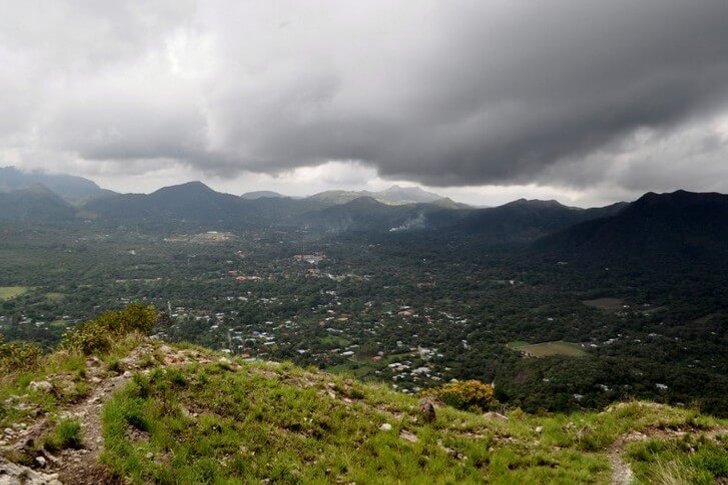
Chagres National Park
The park was formed to protect the unique ecosystem of the Chagres River, which provides drinking water to the country's capital. All conditions for tourists' recreation are created here: water skiing and scooters, fishing, spending the night in the rainforest and unique goods produced by the local Indian tribe.
